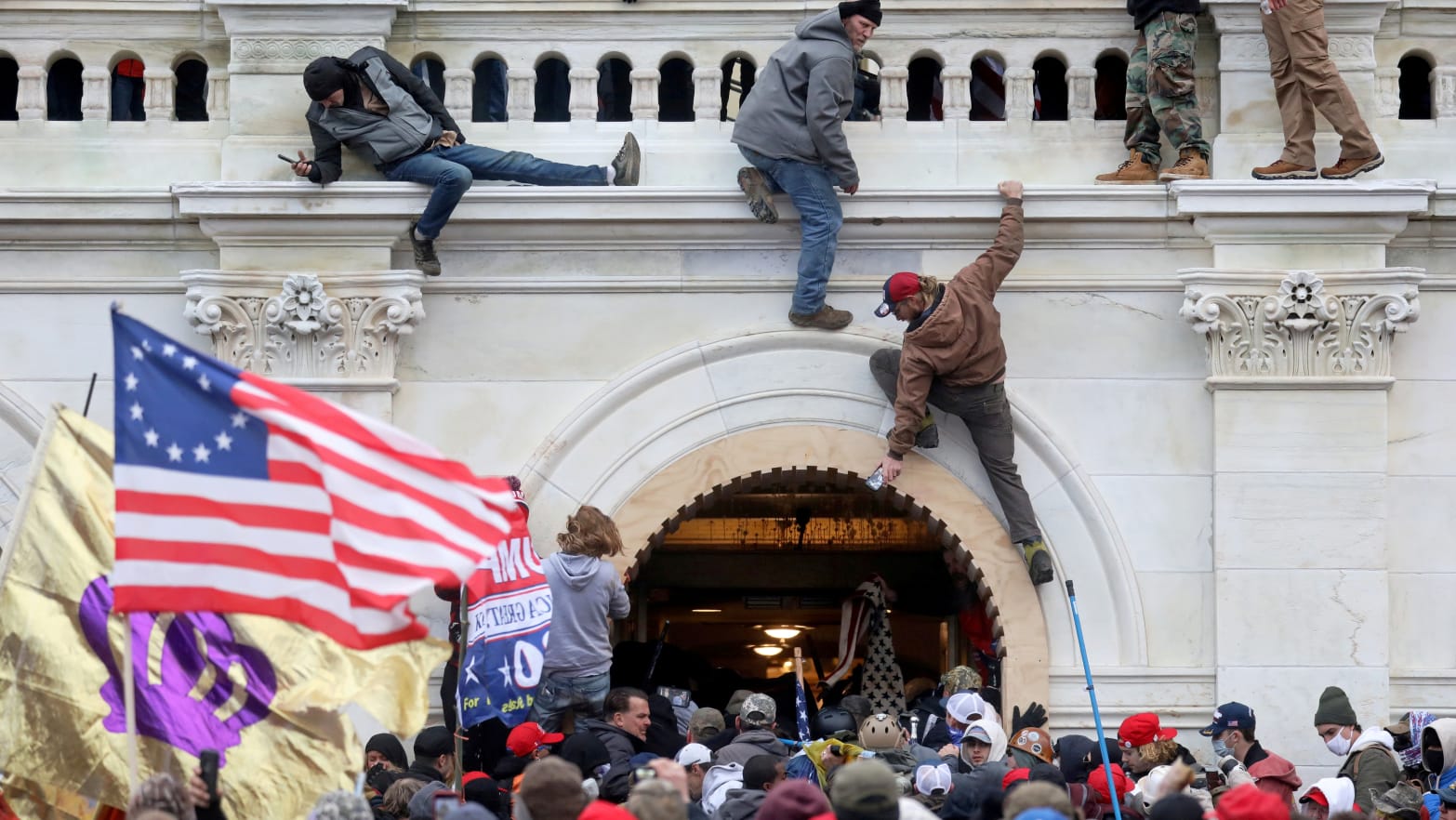After four months of negotiations, Republicans and Democrats have finally come to an agreement on the creation of a commission to investigate the Jan. 6 attack on the Capitol.
The commission, which will issue a report by the end of the year on the causes of the insurrection as well as the response from law enforcement and the military, has been a point of contention between Republicans and Democrats. Leaders from both parties were quick to say they supported forming the panel, but they were divided on a number of issues, including whether it would have subpoena power, the composition of the commission, and the scope of investigation.
Ultimately, leaders agreed to give the commission subpoena power, either with the agreement of the top Democrat and Republican on the commission, or by a vote of the majority of the panel.
Members of Congress will not be allowed to serve on the commission. In fact, no member of the government will be allowed. Instead, the bill creating the commission lays out a number of potential qualifications for members of the panel, which—in a concession to the GOP—will be evenly split between Democrats and Republicans.
The commission will have 10 members. The chair will be chosen by Speaker Nancy Pelosi (D-Calif.) and Senate Majority Leader Chuck Schumer (D-NY), and the vice chair will be chosen by the Senate Minority Leader Mitch McConnell (R-KY) and House Minority Leader Kevin McCarthy (R-CA). Those four leaders will additionally get to pick two people each to serve on the commission.
“It is the sense of Congress that individuals appointed to the Commission should be prominent United States citizens, with national recognition and significant depth of experience in at least two of the following areas,” the bill said, listing government service, law enforcement, civil rights, the military, intelligence agencies, counterterrorism, cybersecurity, technology, and law as relevant areas.
On the final sticking point between Republicans and Democrats—the scope of the inquiry—Democrats prevailed. Pelosi has been emphatic that the commission should focus squarely on Jan. 6 and the events leading up to that attack. McCarthy, however, wanted to broaden the investigation. He said it should include all sorts of acts of political violence, potentially muddying the inquiry with acts that were inspired by Democrats, instead of just the Republican-led Jan. 6 insurrection.
In the end, Pelosi won.
Majority Leader Steny Hoyer (D-MD) already indicated earlier this week that he’d like to put the bill on the House floor creating the commission next week. And Senate action could come shortly after that.
Once the bill is signed into law, the panel should come together quickly. Leaders will only have 10 days to appoint their members of the commission once the House and Senate pass the bill and President Joe Biden gives it his signature.

